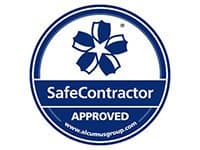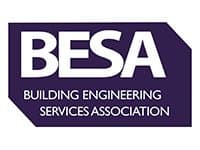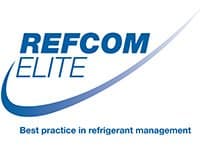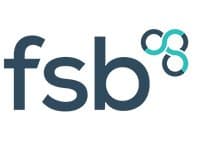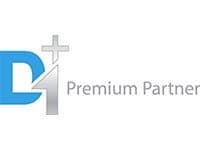When designing any clean room environment, air pressure must not be overlooked. Creating air pressure gradients between different areas is one of the most effective ways to control the flow of contaminants throughout a building.
How pressure gradients control contaminant flow
Air naturally moves from areas of higher pressure to those of lower pressure. By creating a pressure differential between two adjacent spaces, you can ensure that air will always flow in the direction you require if given the opportunity e.g. if a door is opened between the spaces. Air born contaminants will always move in the same direction as the air flow, so creating a pressure gradient ensures contaminants only move in the direction you want.
Pressure can be adjusted in a controlled environment by pumping more air into the space than you remove. This can be controlled with a high level of precision and can be easily altered if different pressure conditions are required at different times.
Positive versus negative air pressure clean rooms
When it comes to air pressure, there are two different types of cleanrooms – positive air pressure and negative air pressure, each of which are suitable for different applications.
Positive Air Pressure Cleanrooms are commonly used in electronics, pharmaceuticals and medical production to help keep potential contaminants out of the clean room environment. Air will flow out of this type of clean room if given the opportunity, so must be free of hazardous material or otherwise filtered before entering a non-clean environment.
Negative Air Pressure Cleanrooms are most commonly used in laboratories where hazardous chemicals and flammable or explosive liquids are in use. The negative pressure helps to prevent any of these materials escaping from the clean room environment and causing potential safety issues outside of the lab.
Total Environmental Kooling are one of the UKs top specialists in cleanroom installation, maintenance and repairs for businesses at all levels in a wide variety of industries. To find out more or to book a consultation call TEK today on 0117 952 3355 or use our contact form for a swift response.


